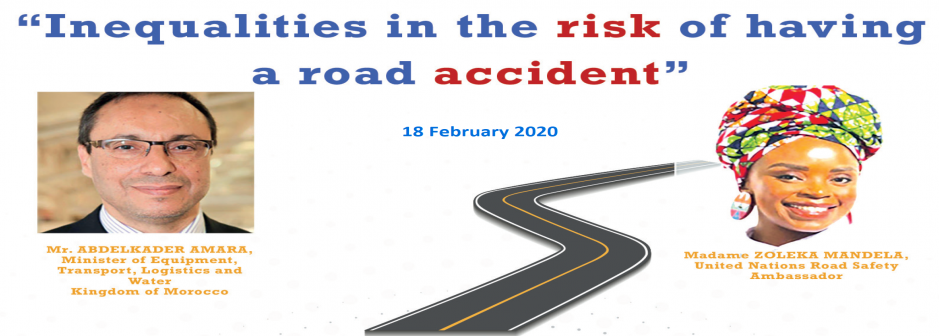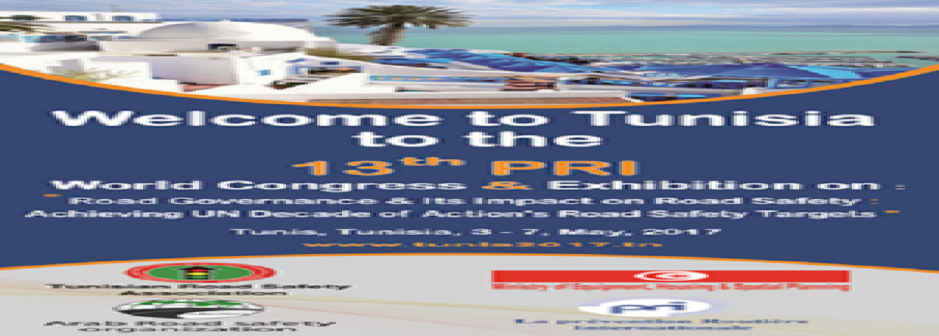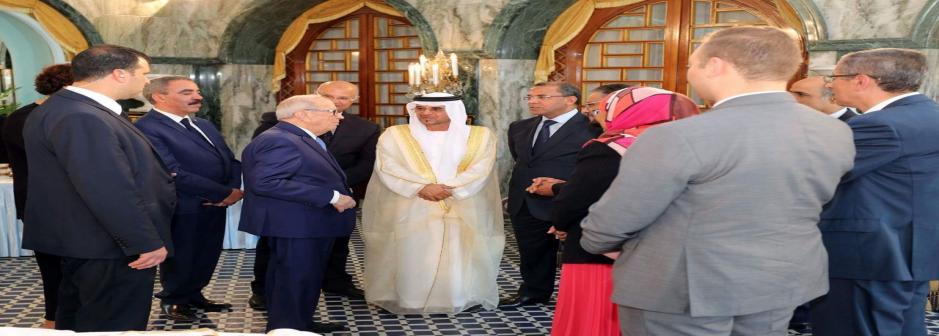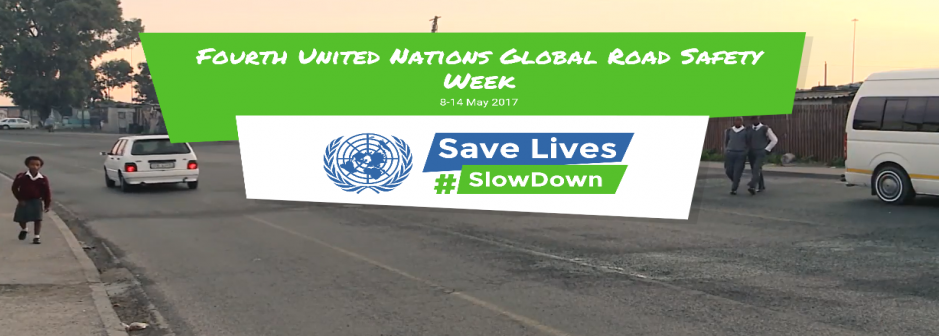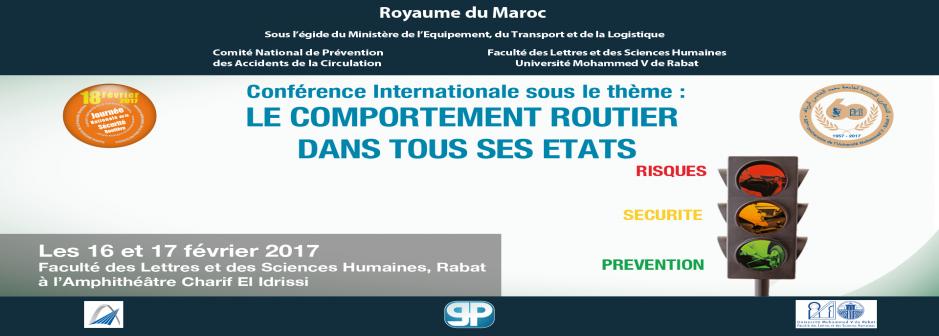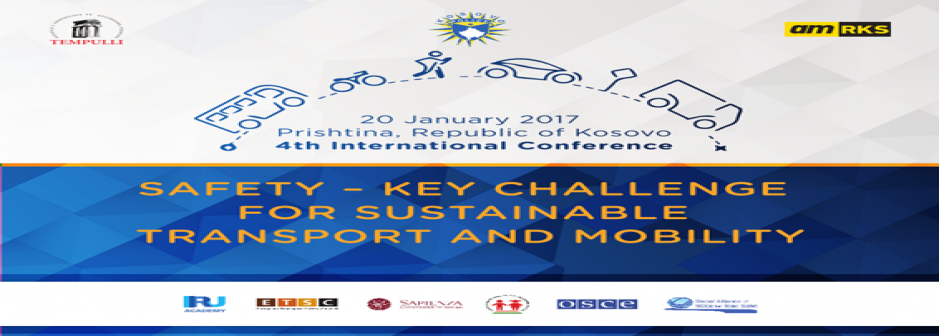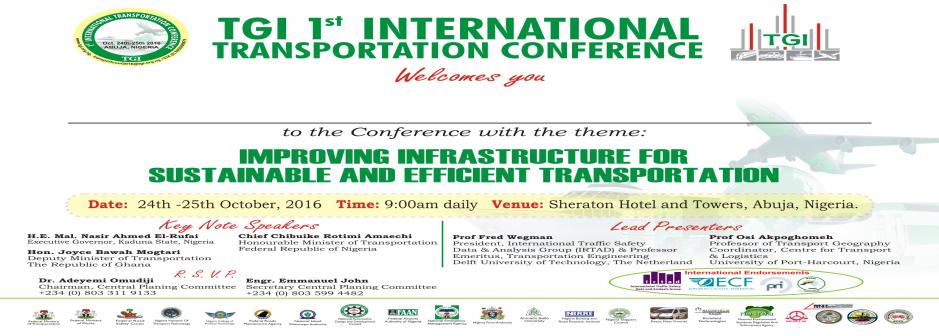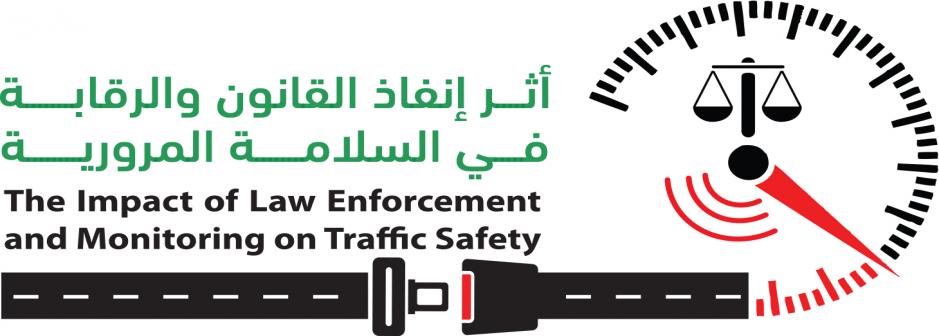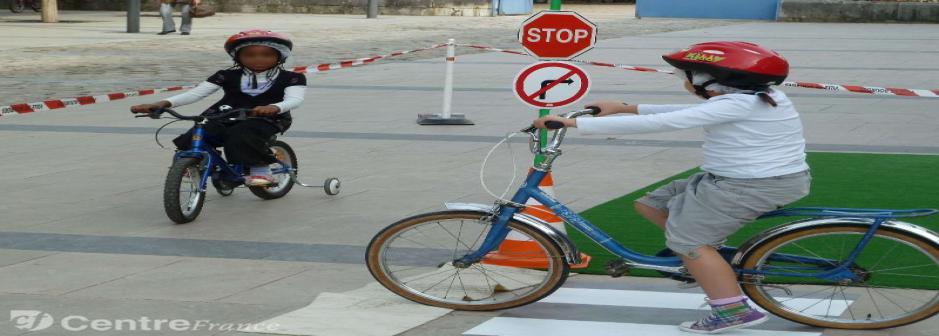Statutes
Article 1 - Designation, Members, Registered Office
1. Under the designation of "La Prévention Routière Internationale a.s.b.l.", hereafter named "PRI", a non-profit association governed by the Luxembourg law of 21 April 1928 on non-profit associations has been formed.
2. The Association consists of the following members, the minimum number being limited to three: (...)
3. The registered offices of the Association are in the Grand-Duchy of Luxembourg (75, rue de Mamer, L-8081 Bertrange).
4. PRI is a non-governmental organisation with consultative status at the Economic and Social Council of the United Nations Organisation (category II), the Council of Europe and the European Conference of Ministers of Transport. It closely co-operates with other international organisations.
Article 2 - Aims
1. The aims of PRI are:
a. to promote sustainable road traffic safety at an international level,
b. to focus on education, information and communication (campaigns) as its core business.
c. to encourage coherent action to improve road traffic accident prevention.
2. To this end, the tasks of PRI are in particular the following:
a. to advise and assist its members;
b. promote the cooperation of national and international bodies, of all individuals, artificial persons, research centres and firms interested directly of indirectly in the promotion and improvement of road traffic and its safety;
c. create throughout the world awareness of the consequences of traffic accidents;
d. support as much as possible research into all matters relating to traffic safety and more generally assist in the improvement of medical, pedagogic, economic, technical and scientific knowledge relating to such matters;
e. collect and disseminate relevant documentation and publications, in order to promote best practices in terms of education programmes, information- and communication campaigns, research, road safety policies and their implementation;
f. organise and promote joint traffic safety actions, congresses, seminars, round table conferences, exhibitions, competitions and international events aimed at increasing interest in traffic safety and traffic safety problems among all age categories and among all road user categories;
g. promote the training of specialists and the exchange of experiences in the field of traffic safety.
Article 3 - Members
The members of PRI are:
a. Active members (pay an annual subscription)
- National active members: In each country, national road safety associations, organisations (one or more) public of private, research institutes, Universities and other national institutes interested in the aims of PRI.
- International active members: International organisations and institutions, public or private, with the (related) aim to improve road traffic safety.
b. Affiliated members (and Associated members) (pay an annual supporting fee): - commercial and industrial entities and other societies interested in the aims of PRI.
c. Individual members (pay an annual subscrition): - individuals interested in the aims of PRI.
d. Honorary members nominated according to the regulation in force by the General Meeting.
Article 4 - Admission
Admission to PRI of members is subject to the following conditions:
1. Written application to the Secretariat specifying the form of the applicant, his activities and financial situation.
- A declaration that the statutes in force are accepted.
- A declaration that the applicant commits himself to pay his annual membership fee regularly.
2. The executive committee decides on the admission of members. In the case of the application for admission being rejected, the applicant may, within two months of being informed of such rejection, apply to the General Meeting for reconsideration of the matter.
Article 5 - Resignation, Expulsion
1. The resignation of a member will only be effective at the end of a calender year. Notice of resignation must be sent by registered letter to the Executive Committee to arrive nog later than 30 September.
2. Expulsion of members may be resolved on by the Executive Committee by reason of:
a. non-settlement of the financial situation,
b. non-compliance with the statutes in force,
c. acting contrary to PRI aims and causing damage to the PRI image and/or status in any way.
3. The member expelled is entitled to launch an appeal with the General Meeting within two months from notification of his expulsion and the decision of the general meeting is final.
- Resignation and expulsion do not exempt a member from fulfilling his obligations until the date of notification or appeal in case of expulsion.
- Resigning members and those expelled forfeit any claim to the assets of the association in the event of dissolution and liquidation.
Article 6 - Financing and fees
1. PRI is financed by subsriptions and fees of members, by voluntary contributions and by other resources.
2. The annual subscriptions and fees of the members are fixed by the General Meeting, at the proposal of the Executive Committee.
3. The annual subscriptions and fees are paid before 30th June of each year. After this deadline, a monthly 2% interest rate is applied. The Executive Committee will, however, treat justified exceptional cases. A member who has not paid his subscriptions or fees for two years automatically forfeits his right to membership.
4. The financial year runs from 1st January to 31st December. The audit of the annual accounts is undertaken by two auditors elected by the General Meeting. The auditors present an annual report to the meeting.
Article 7 - Organisation of PRI
1. The bodies of PRI are:
a. the General Meeting
b. the Executive Committee
c. the Special Committees
d. the Regional Groups
e. the Auditors
f. the Secretariat
Article 8 - General Meeting
1. The General Meeting consists of all the active members of PRI and shall form the supreme body of the same.
2. The active members who have paid their subscriptions until the previous year enjoy the right of vote.
3. The General Meeting is held at leas once a year, in the first half year.
4. The president of PRI, or in his/her absence, one of the vice-presidents, nominated by the Executive Committee, presides over the meeting.
5. The Secretariat, in accordance with the decisions previously reached by the Executive Committee, issues a notice of the meeting at least two months prior to the date fixed, and encloses an agenda to all active members.
6. Items that do not appear on the agenda will be discussed at the General Meeting only if they have been submitted in writing to the Secretariat no less than four weeks before the date of the General Meeting.
7. At each session, the General Meeting decides upon the date of the following session. However, the president, the Executive Committee or at least 20% of the active members, who have the right of vote, may during the intervening period call an extraordinary session at not less than one month's notice. At such extraordinary sessions, matters excluded from discussion are with respect to the annual budget, any change in the statutes of the association, the amount of the annual subscriptions and fees and the dissolution of PRI. If a situation of distress demands it, a decision of the dissolution of PRI may also be taken at an extraordinary session. To this end, the statutory restrictions of article 8.11. are to be considered.
8. The General Meeting discusses all matters concerning the activities of PRI and takes all decisions with regard to the nature, the methods and the implementation of tis programmes of action.
It particularly takes decision on:
- the strategy of PRI
- the budget
- the annual accounts/ the annual report / the auditor's report
- the discharge
- the constitution of Regional Groups proposed by the Executive Committee or at least by 5 active members from different countries.
- the constitution of the Special Committees proposed by the Executive Committee.
- the election of the President and the Vice-Presidents (three at maximum).
- the election of the Special Committees' Coordinators proposed by the Executive Committee.
- the election of two Auditors.
- the modification of the statutes.
- the members' subscriptions and fees.
- the place of the following general meeting.
- the dissolution.
9. Each active member represented is entitled to a single vote, irrespective of the number of his representatives present at the meeting.
10. Voting by proxy is authorised. Each active member can represent a maximum of one other active member. The proxy has to be presented tot the Secretariat in writing before voting.
11. Decisions are reached by a simple majority of the votes of the active members present or represented. Changes in the statutes need the representation of 2/3 of the members, a decision is reached by a majority of 2/3 of the members represented. However, changes in the statutes already presented at the general meeting, which did not reach the special quorum, can be adopted by the following General Meeting on the condition that at least half the members be present of represented and that a decision be reached by a majority of 2/3.
12. The decisions taken during the General Meeting are communicated to all members in minutes form.
Article 9 - Executive Committee
1. The Executive Committee is composed by the President and Vice-Presidents, Chairpersons of the Regional Groups and the Coordinators of the Special Committees. President, Vice-Presidents and Chairpersons of the Regional Groups come from different countries. In the Executive Committee, the Chairpersons of the Regional Groups and Special Committee's Coordinators not solely represent their groups/committees, but the whole of PRI.
2. The President of PRI is elected for a period of four years by the General Meeting, provided that at least five active members, who have the right to vote, have proposed his/her election. The Vice-Presidents (three at maximum) are elected in accordance with the same conditions. They are eligible for re-election once.
3. The Chairperson of the Regional Groups and the Special Committee Coordinators at the Executive Committee, remain in office for four years. They are eligible for re-election once.
4. The principal duty of the Executive Committee is to prepare and provide the annual activity plan for PRI, to maintain contacts between the members associations and to develop contacts with (international) organisations and associations. It prepares the General Meeting and carries out its resolutions, administers the property, submits the annual report, accounts and annual budget to the General Meeting. Furthermore, any matters come within its jurisdiction, which have not been expressly reserved to another body. It may take on experts for advice.
5. All Executive Committee members have a vote. Decisions are reached by a simple majority vote. In case of equal votes, the President has a casting vote. A member of the Executive Committee can represent by proxy one committee member only. This proxy must be presented in writing.
6. The Executive Committee meets at the initiative of the President as required, and not less than twice a year. At the request of three members at least of the Executive Committee, the President must convene a meeting.
7. The Executive Committee represents and commits PRI.
8. The President, or in his/her absence, one of the Vice-Presidents, chairs the meetings of the Executive Committee. He/she controls the implementation of the decisions reached by the General Meeting and by the Executive Committee.
Article 10 - Special Committees
1. The Special Committees are open to all categories of members who have paid their fees until the previous year.
2. The aim of the Special Committees is to develop the technical cooperation in specific terms among all members, considered as the most important for the generality of PRI members, to identify good practices in their own field of action and to make proposals for the dissemination to all PRI members.
3. The General Meeting, under the proposition of the Executive Committee, will approve the constitution and fields of action of the Special Committees, at a maximum of four. The Special Committees' Coordinators are elected for a period of four years, they are eligible for re-election once and are Executive Committee members.
4. Yearly, at the occasion of the General Meeting, Seminars will be organised under the themes of all existing Special Committees. Each Coordinator will submit the programme to the Executive Committee, who has to approve it, at least three months before the next General Meeting.
Article 11 - Regional Groups
1. At least four active members from different countries of a certain region can form a Regional Group with the assent of the General Meeting.
Their purpose is:
- to exchange their experience, the results of their activities,
- to ensure the implementation and if the case arises the co-ordination of common activities,
- to maintain permanent contact between the members of the group,
- to assume the liaison to other international organisations pertaining to the same regions and PRI.
2. No active member may exercise his right of vote in more than one Regional Group.
3. Each Regional Group elects a Chairperson for a period of four years. The Chairperson is eligible for re-election once. The Chairperson is an Executive Committee member.
4. The Chairperson of each of these groups issue notice of meetings to the active members in their region.
5. The General Meeting, under the proposition of the Executive Committee, approves the constitution of the Regional Groups.
Article 12 - Auditors
1. PRI has two auditors, who have the duty to accompany and verify the execution of the yearly budget and to submit a report on the accounts of the completed financial year.
2. The auditors have the duty to issue and advice on the next year budget, elaborated by the Executive Committee and present it to the General Meeting.
3. The auditors are elected (among PRI active members) by the general meeting for a period of four years. They are eligible for re-election once.
Article 13 - Secretariat
1. The Secretariat of the association will carry out its own activities in the premises of the National Association member, of the elected PRI President.
2. The Secretariat implements, under the control of the President, the decisions of the General Meeting and of the Executive Committee.
Article 14 - Official languages
1. The official languages of PRI are English, French and German.
2. According to the needs, some documents can be published in other languages and are translated with the co-operation of members.
Article 15 - Right of vote
1. Only those active members who have paid their subscriptions of the preceding years before the annual meeting of the current year have the right of vote.
2. Decisions, as far as nothing else is provided in the statutes, are reached by a simple majority of the votes represented.
Article 16 - Dissolution and change of aims
1. The dissolution of PRI and the change of the aims of PRI may only be decided by the General Meeting and by a 2/3 majority of the active members represented.
2. The same general meeting determined the disposition of any assets, which PRI may have at its disposal at the time of dissolution.
Article 17 - Effective date
The present statutes of the association are approved by the General Meeting held June 15, 2007 in Lisbon (Portugal), take effect from that date.
For any case nog mentioned in the present statutes the clauses of the law of 21st April 1928 of the Grand-Duchy of Luxembourg concerning non-profit organisations are applicable.




